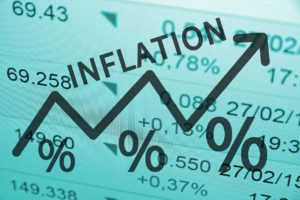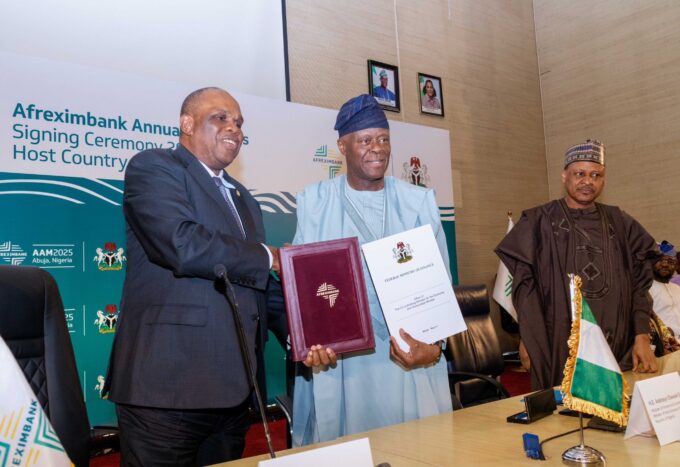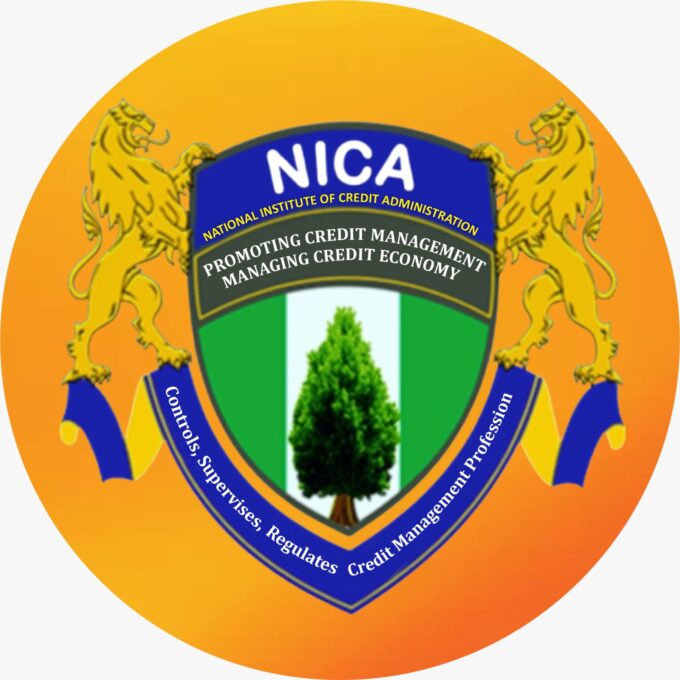Nigeria’s headline inflation is expected to increase marginally to 11.42% in June from 11.40% in the previous month. If our forecast is borne out, it will be the 3rd consecutive monthly rise in 2019. This will bring the average inflation in Q2’19 to 11.40%, up from 11.31% in Q1’19.
This uptick in the general price level would be primarily as a result of the planting season.
In addition, heavy rainfall and flooding in key regions of the country disrupted economic activities. Contrary to rising food inflation in Nigeria, the world food price index declined slightly by 0.3% to 173 points in June. This was buoyed by lower prices of dairy products and vegetable oils. This is expected to taper imported food inflation.
While we anticipate a moderate increase in the annual price level, month-on-month inflation (a better reflection of current prices and inflation expectations) is expected to rise at a faster rate, increasing by 15bps to 1.26% (16.16% annualized).
The core sub-index (inflation less seasonalities) is likely to decline to 8.9% from 9.0% in the month of May, supported by the stability in the exchange rate. The naira was relatively stable within a band of N360-N362/$ in the parallel market. However, the adjustment in the exchange rate for computing import duties to N326/$ from N305/$ would push up prices of imported goods, thus increasing imported inflation.

Source: NBS and FDC Think Tank
Some noticeable trends in the month include:
In June, the determinants of inflation moved in different directions. While money supply growth is expected to increase, output parameters declined and the price of diesel was flat at N230-240/liter.
Money supply impact expected to be marginal
Money supply (M2) growth is a major factor that determines inflation movement. In the month of May, M2 grew by 2.81% (6.74% annualized). However, its inflationary impact in June is likely to be marginal. Although the 10% increase in FAAC to N679.9bn is expected to boost liquidity, its inflationary impact would be limited by the CBN’s aggressive liquidity mop-up through forex intervention and OMO activities. Total forex intervention rose by 27.37% to $1.21bn and there was a net OMO outflow of N14.11bn. The net effect was a 10.92% increase in the average opening position of banks.
Output Parameters Down
The purchasing manager index (PMI), a measure of the health of the manufacturing sector, contracted to 49.9 points in June. This is the lowest reading in the last 11 months. Even though the output sub-index increased, the contraction in the overall index is a pointer to slower Q2 GDP growth. The average power sent out from the grid was down 2.04% to 3,697MWh/h in June.
Diesel prices stubbornly high at N230-N240/liter
The average national diesel price fell by 1.15% to N228.02/liter in the month of May (Lagos – N233.93/liter). In June, the average price of diesel in Lagos remained stubbornly high at N230-N240/liter. The impact of this is higher logistics and distribution costs for firms.
Peer Comparison – 2 Greens, 5 Reds
Data released by most of the Sub-Saharan African (SSA) economies under our review showed that inflationary pressures are mounting in the region. All the three countries that have released their June inflation numbers recorded an increase. For the month of May, Angola and Ghana recorded a decline while South Africa posted an increase.
At the last MPC meeting, most of the SSA countries under our review left their monetary policy rate unchanged. These decisions were hinged on the fact that inflation expectations are well anchored and within the target benchmark. The build-up in inflationary pressures is a pointer to a possible rate hike at their next meeting.

Source: FDC Think Tank; *May inflation rate; **June inflation forecast
Outlook
The monetary policy committee will meet this month. We expect the rising inflation trend to be one of the key considerations. More importantly, the committee will be interested in inflation expectations as it strives to achieve a single digit inflation rate.














